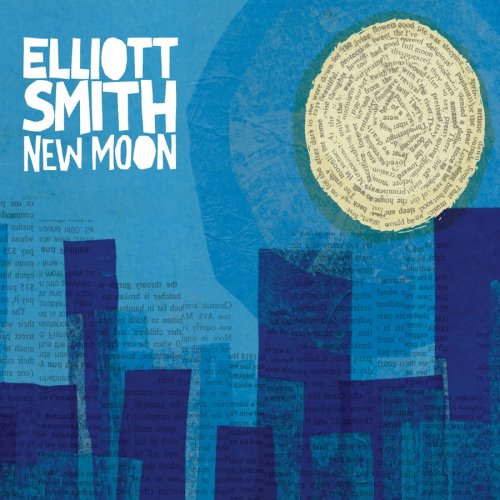Elliott Smith Is Dead; Long Live Elliott Smith

And the other was Elliott Smith, for the entirely opposite reason. He was no icon (or certainly not in the sense of a John Lennon or a Joe Strummer). And for all his talent and (mid-level indie rock) success, I can say with all due respect that his work was no better than a dozen other mid-90s alt-rock denizens; not sure if any of his albums would even make the desert island selection from the era. Pavement, Yo La Tengo, Guided by Voices, etc. -- and, sure, maybe some Elliott down the line. But unlike Joe Strummer, Smith's death was a personal thing. Never met the guy, never even saw him live. But when I played his albums, he was in my room playing the songs for me. Just something about him -- that voice, those lyrics, the way he hung his head in photos. Joe Strummer sang for the masses, and redeemed us; Elliott Smith sang for himself, and the one listener in the room with him, and the world be damned. (And, no, I'm not going to embarrass myself by saying his 2003 suicide -- or presumed suicide -- seemed wholly inevitable, any more than one could say that about, say, Ian Curtis or Curt Kobain. But, still...)
Anyway, a wholly unnecessary (and maudlin) prelude that brings us to New Moon, Smith's latest (and second) posthumous release. This one is, I suppose, the "real" posthumous release in the typical sense. 2004's From A Basement On The Hill was more of an unfinished work-in-progress that got some final touches after Smith's death; for the most part, it sounds exactly like one might have expected his next release to have sounded like had he stuck around to complete it. In contrast, New Moon sounds more like an archival trip through a closet full of unfinished work and outtakes. Which doesn't make it any less essential a part of the Elliott Smith canon. There are plenty of great songs here, albeit mostly solo acoustic rather than the full-blown productions that took up half of Basement (and the two albums before it). Plus, although some of these are rough, many sound like finished products worthy of inclusion on any other album, and even the unpolished gems are just fine from a sonic perspective (we're not talking bootleg here, in other words). For those who preferred Smith's earlier solo work to the more polished productions of XO and Figure 8, this is the album you were expecting. Personally, I like both sides of Elliott. It was the warm, Beatlesque baroque pop touches on XO that first made me a fan; but it's the sad, earnest guy playing his heart out, confessing his vices and his bullshit angst and his inexpressible loneliness -- playing his songs for me alone -- that I think of when I think about him these days, and that's the Elliott Smith captured so perfectly on these two discs.



0 Comments:
Post a Comment
<< Home